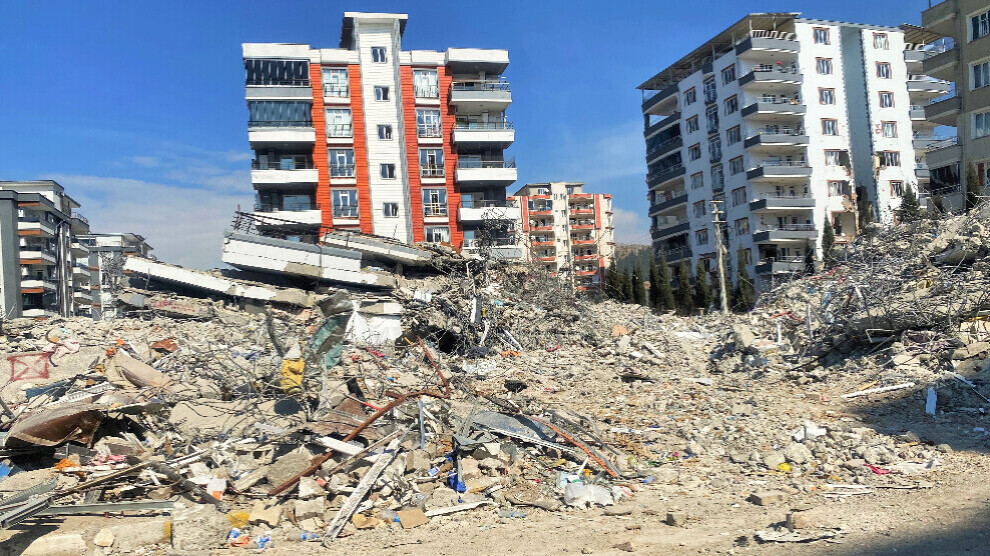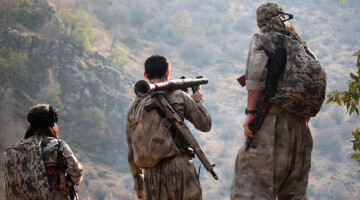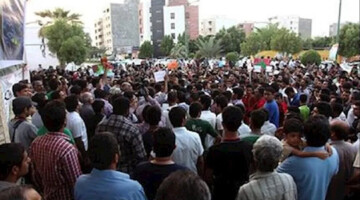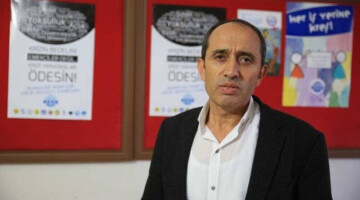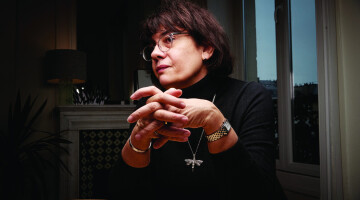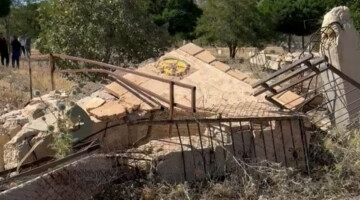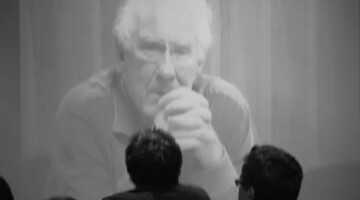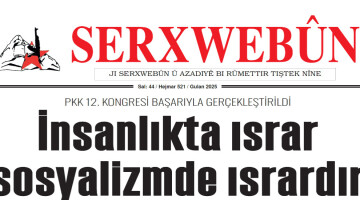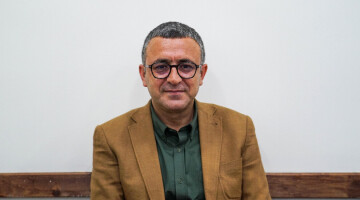According to official figures, more than 50,000 people lost their lives in the two earthquakes in the Turkish-Syrian border region in February in Northern Kurdistan and Turkey. The real numbers are likely to be much higher. Many people died due to the criminal building policy which legalized the construction of buildings that were in danger of collapsing. In the meantime, some building contractors in Turkey are being put on trial.
Lawyer Mehmet Kaya from the Diyarbakir Bar Association spoke to ANF about the charges and proceedings. He said that there are two main articles in the charges: crimes against life and physical integrity, and crimes against building regulations.
The paragraph on the subject of building law states: "Anyone who erects a building or has it erected without a building permit or in violation of the building permit shall be punished with imprisonment from one to five years." Kaya emphasized that contractors are guilty of this charge as they construct buildings without or violating the municipal building permit. And guilty are officials in the inspection, control, signing and permitting stages of such projects.
“This is about intent, not negligence”
Kaya said that the deaths following the earthquake are being viewed as crimes against life and physical integrity, but explained: "What are the legal responses to those killed and those injured? That needs to be discussed first. The procedures that have been running so far after the earthquake refer to simple negligence and wilful negligence. In the case of simple negligence, the person failed to exercise due diligence with regard to the consequences and should have foreseen what would happen. In the case of wilful negligence, the person hopes that the foreseen consequences will not occur due to the situation or luck, and thus accepts the consequences indirectly. In probable intent, on the other hand, the person has anticipated the outcome, is aware of the possible outcome, and accepts the outcome of their action, simply by not caring about what happens. This is intent. What happened here is precisely within that framework.”
Kaya pointed out that the criteria of negligence and intent make a significant difference in sentencing. If a crime has been assessed as negligent, the perpetrators will be sentenced under Article 85 of the Turkish Criminal Code. “Anyone who negligently causes the death of a person shall be punished with imprisonment for a period of between two and six years. If the act results in the death of several people or the injury of one or more persons together with the death of one or more persons, the person shall be punished with imprisonment from two to fifteen years. Those proved to have committed a crime with 'probable intent' shall be sentenced to life imprisonment under Article 81 for 'premeditated homicide'. That’s the way it should be."
"With a hard legal fight, convictions are possible"
Kaya warned that even after the 1999 earthquake, the perpetrators were really not punished because the proper basis for trials was not created. A strong legal battle is therefore necessary today: “The crimes committed during the earthquake of 17 August 1999 were punished by the judiciary as negligent bodily harm and death. Therefore, most cases were already statute-barred. Although sentences were passed in a few cases, changes in prison laws and reduced sentences meant the perpetrators could quickly return to their lives. Society could not summon up a strong and collective will for a legal fight during this period. A few show trials were held to silence the complaints that were made from time to time. The recent earthquakes will require thousands of investigations and criminal prosecutions if the judiciary is to fully enforce the law.
But the government in particular will not want to allow these investigations to be properly conducted and will press the judiciary to avoid prosecuting their own bureaucrats, mayors and even contractors. Eventually, a few individuals may be arrested or fined to silence societal protests. To prevent this, society must show determination.”

